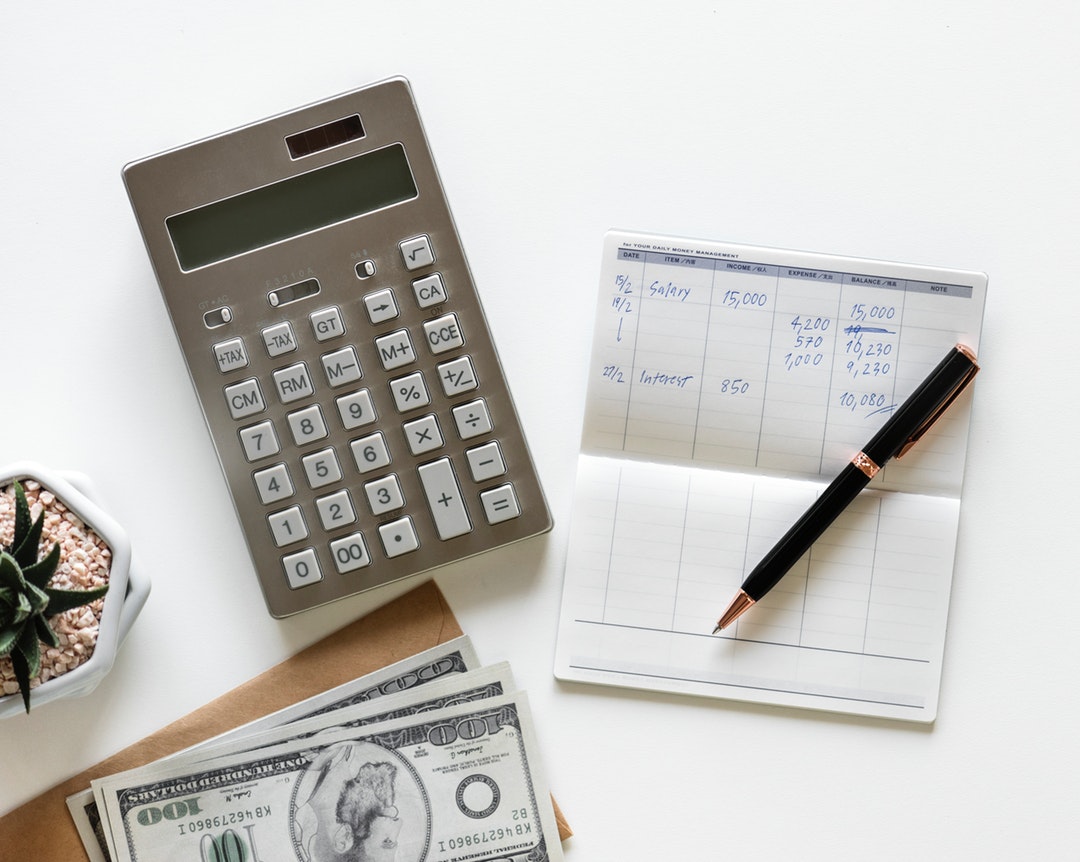Did you know that 79% of accounting firms offer booking and accounting services to their clients? These agencies are always there to help, but do you really need to hire an accountant for a rental property?
The truth is that anyone can learn the skills necessary for property accounting with the right guidance. That's why we are here to help!
Read about our best tips for rental property accounting now.
Know the Different Types of Transactions
Various types of property accounting transactions mean different things. One of the best tips we can provide is to learn how these transactions relate to certain areas of business.
The different categories that can help you maintain your accounting records are as follows:
- Tenant income
- Tenant expenses
- Property income
- Property expenses
- Business income
- Business expenses
Tenant income can include rent payments, late fees, deposits, and parking fees while tenant expenses are property expenses that a tenant is responsible for. This could be a clogged toilet, broken window, etc.
Property income can also include the rent received by tenants as well as application fees and any other fees collected. As a property owner, your expenses will include property management fees, utility payments, etc.
Business income also includes fees such as management and tenant late fees. A business needs to pay expenses such as office space rentals, advertising, legal fees, and more.
If you work with a property management company, those costs are included in business expenses.
Separate Business and Personal Accounts
Property management accounting should always be separate from personal accounts. If you have more than one property, you might benefit from opening separate accounts for each of them.
It is illegal to commingle your funds so you must keep owners' assets separate from your personal ones. You should also be familiar with handling trust accounts.
Record Transactions Consistently
You can hire a property accountant to help you create a consistent system for recording transactions or you can do it yourself. Whatever you decide, this is an important factor in rental property accounting.
You should know who a transaction is related to and record those transactions accordingly. Choose a day of the week to devote time to ensure every transaction is properly recorded.
Use Software for Organization
Real estate accounting is a lot easier when you have the right tools to back you up. If you choose not to hire a property tax accountant, paying for a software accounting system is a logical next step.
Property management software will help investors, property managers, and landlords complete every bookkeeping and accounting task. The software will come in handy if you ever encounter a tax audit.
Tips on Property Accounting You Should Implement Now
You don't need an accounting degree to learn the necessary bookkeeping skills it takes to run a property. Instead, understand your accounting process and create a consistent system.
If necessary, you can refer to a professional when help is needed, but accounting software will be your best friend during this process. Implement these property accounting tips to organize your finances.
To maximize your rental investment, get a free rental analysis now and find out how property management services can help.














